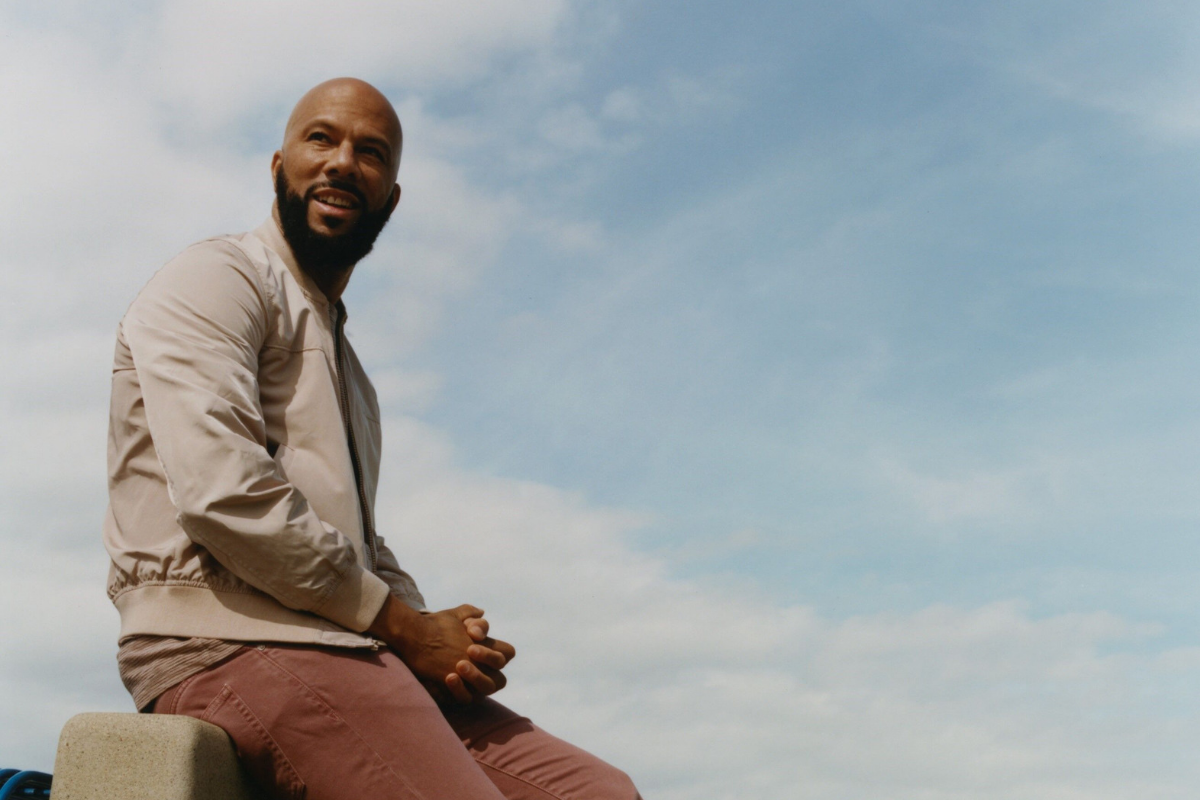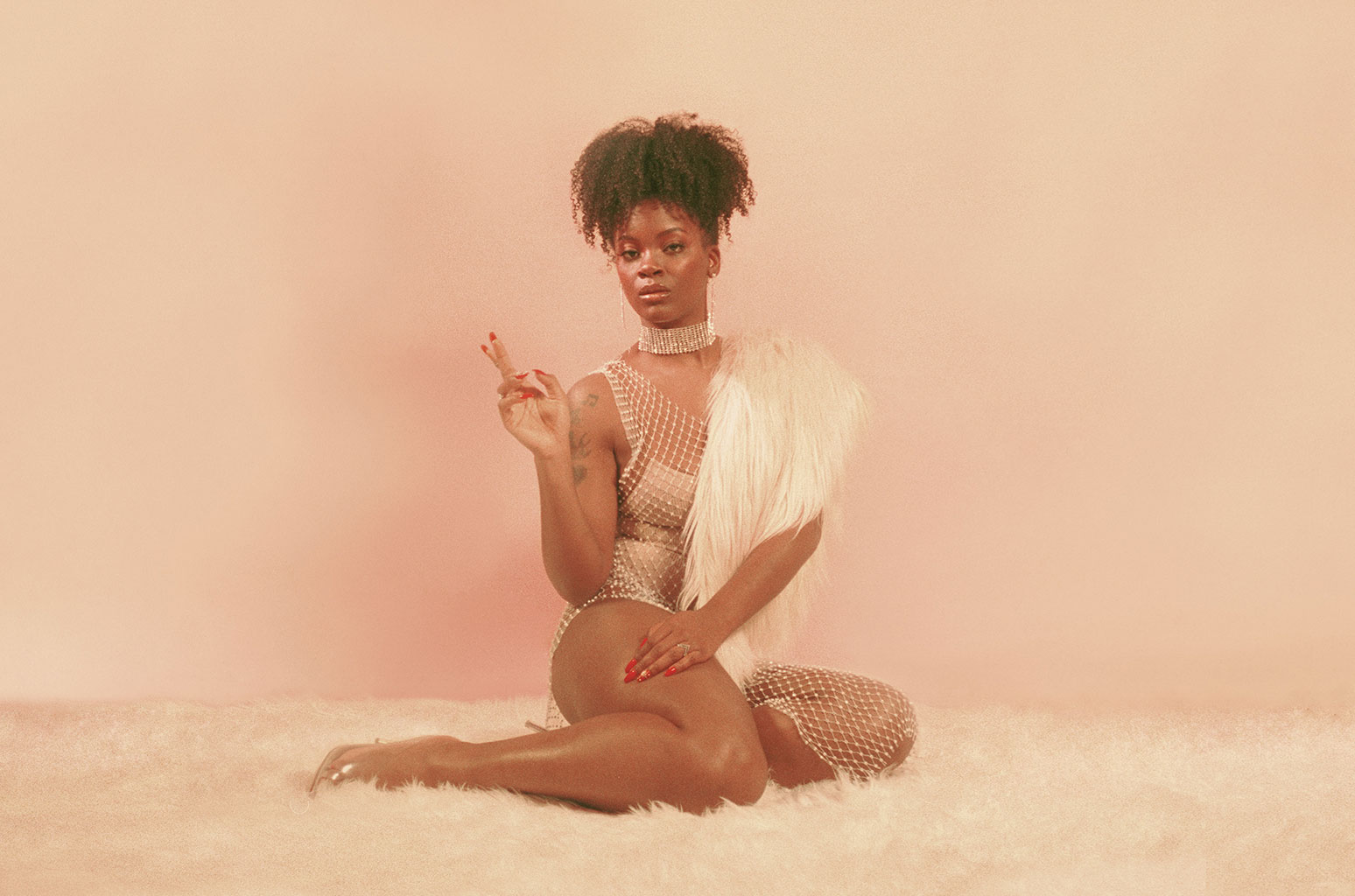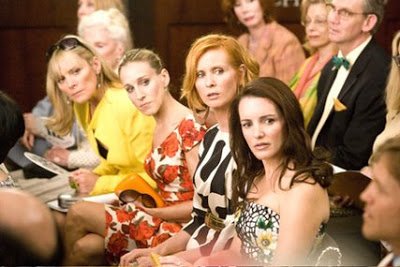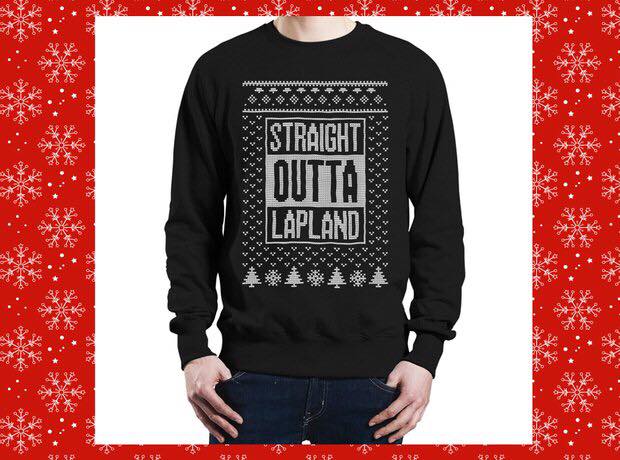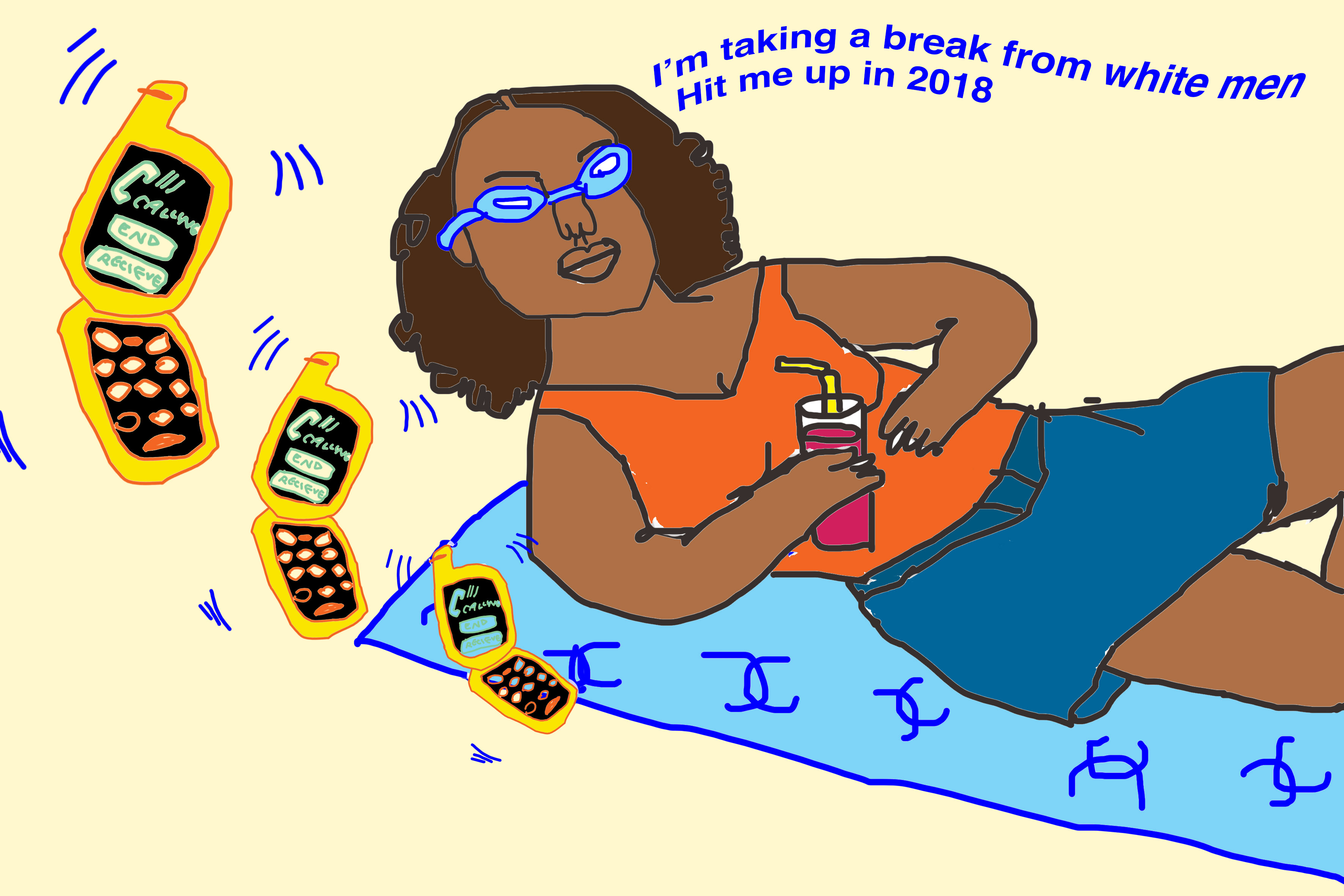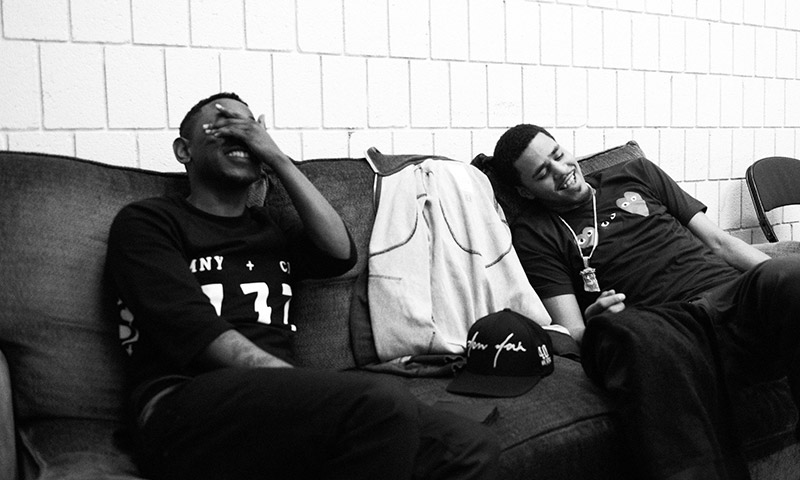
Kendrick Lamar fans on Twitter (*cough cough* black men and anti-feminists) were quick to defend the rapper and his intentions on his recent track ‘Humble’. To them, the four lines of the song and video celebrated women’s natural beauty and told us to love the skin we’re in. I truly believe that was the plan.
While I wasn’t personally offended by ‘Humble’, I could see why women would be upset and can understand both sides. Through a woman’s eyes, we see another man telling us what he finds appealing, and how he thinks should women look. Kendrick telling women to embrace their natural selves is not for women but for men. His male gaze, his desire. Is this for a woman’s wellbeing or for a man’s sexual fantasies? Many women believe it was the latter, which sparked this online mansplaining.
There’s nothing wrong with preference; women have them for men too. The problem here is that preference in terms of black women comes across as policing our bodies to satisfy men. It’s a ‘compassionate’ misogyny where men come across as the good guy but are just as reductive as sexists in their description of women. The male gaze is very strong in factoring how women present themselves. Preference can turn to degradation real quick when comparing women. That’s why a lot of women came for Kendrick; as a woman, I get it.
Is it possible for rappers to uplift women without shaming some of us?
Is it possible for rappers to uplift women without shaming some of us? The praise for one type of black woman can insult others who choose to have those 20 inches, or be a contouring queen.
No matter how much of a reach all the think-pieces, angry tweets, or memes were to some, I believe Kendrick did mean well. So do others rappers like him. Common, J.Cole, Talib Kweli, Lupe Fiasco, and even Chance the Rapper are called ‘socially conscious’ or ‘woke’ because they rap about political and social injustice. They are praised for their attentive lyrics on racism, police brutality, and other social problems. Yet, when they attempt to rap from a feministic perspective with the intention of elevating women, they get it wrong. Lupe did this with his song ‘Bad Bitch’, J.Cole with ‘No Role Modelz,’ and Common with ‘The Dreamer’. When I first heard ‘No Role Modelz’ on J.Cole’s Forest Hills Drive, the song seemed degrading. “One time for my LA sisters, one time for my LA hoes.” The second verse is demeaning and reduces women to their body parts. While I’m a massive Cole fan, I wasn’t pleased with the misogyny of this song because of the standard I hold him at. Although he does say bitch and hoe a lot, his use of degrading terms doesn’t bother me much, or as much as it should, because I interpret his songs differently. He mostly raps from a perception that isn’t his. I try to look deeper because lyrics from Cole (or Kendrick) always have a meaning behind them.
Fans hold the ‘conscious rapper’ to a higher standard than the ‘trap’ or ‘turn up’ rapper… They are, at best, telling the story of a young black man and his ills in life.
The problem I saw with ‘Humble’ is that many listeners expect more from Kendrick and the aforementioned rappers. Fans hold the ‘conscious rapper’ to a higher standard than the ‘trap’ or ‘turn up’ rapper. Yet we must remember their consciousness centres on their perspective. They are, at best, telling the story of a young black man and his ills in life. The music focuses on their lived experiences as it rightfully should.
Many feel that if rappers have positioned themselves to be a certain voice for black people they need to bring black women, black queer, and LGBT+ people into the conversation but in a different way. They need to let go of their preference or judgement if they want to push a levelling dialogue. Or are we the ones pushing them to do so?
The question remains: are we expecting too much?
The question remains: are we expecting too much? It’s an intricate answer.
That’s the thing with labels – when someone doesn’t live up to the high place we’ve held them to, we are disappointed. Are we holding Kendrick and his fellow conscious rappers on a pedestal because of the topics they speak on? Since these are in our eyes ‘woke’ rappers, should they be addressing the intersectionality of oppression? We have to remember rappers aren’t claiming to be in a position to support feminist views. Are women wrong to place them there? They didn’t ask for it.
Call rappers out on their misogyny but do not expect them to be the liberator, especially on women’s issues – only women can do that.
A fan told me Kendrick is not talking from his own perspective but from the system’s overbearing standard of beauty. When I reconsidered Cole’s perspective on ‘No Role Modelz’, I wasn’t offended like I first was, and the same applies with ‘Humble’. Maybe we’re digging too much for songs to mean what we thought. It’s all about our interpretation.

